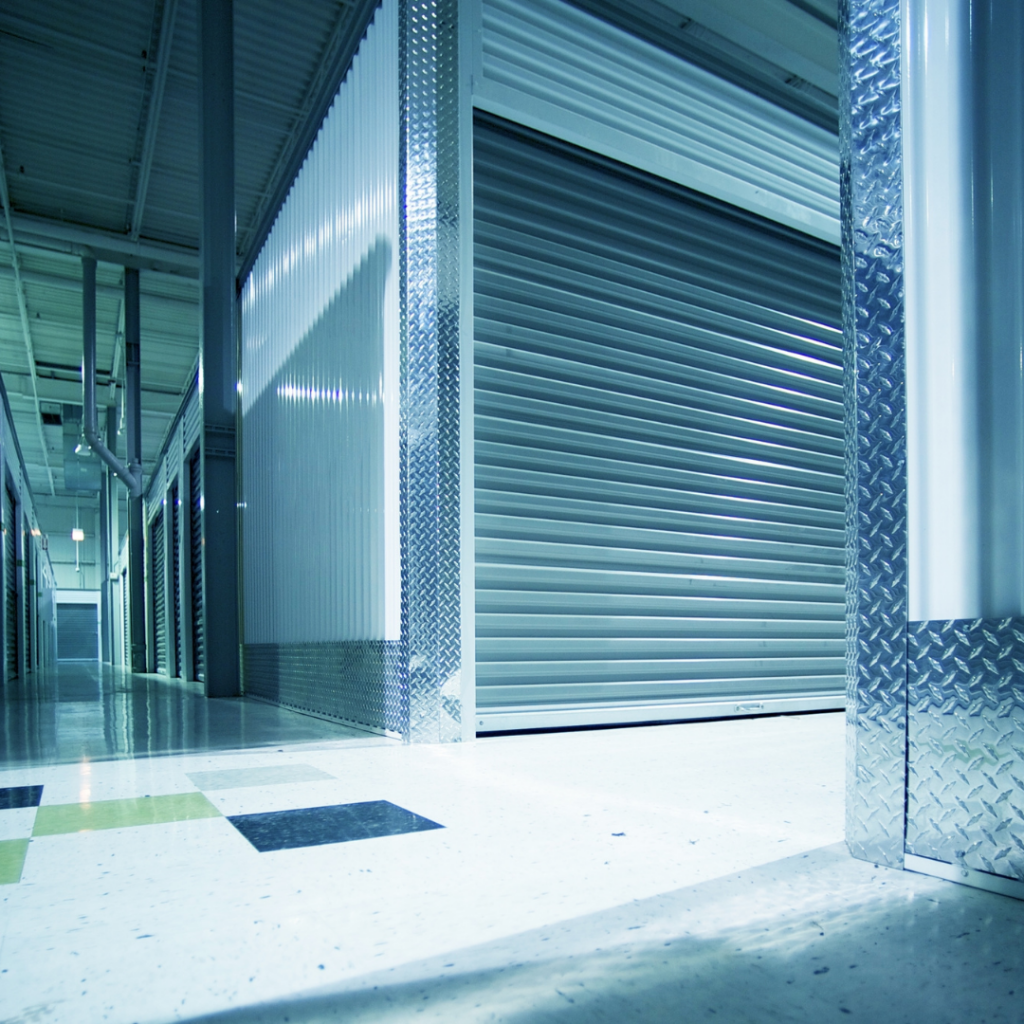What Happens If You Leave Things in a Storage Unit?
Every year, thousands of individuals rent storage facilities to store their spare stuff or to keep them secure while they travel. We don’t think twic... Read More

Every year, thousands of individuals rent storage facilities to store their spare stuff or to keep them secure while they travel. We don’t think twic... Read More

Renting a storage unit is a wonderful, space-saving alternative whether you need to temporarily store items while moving or store them long-term after... Read More
